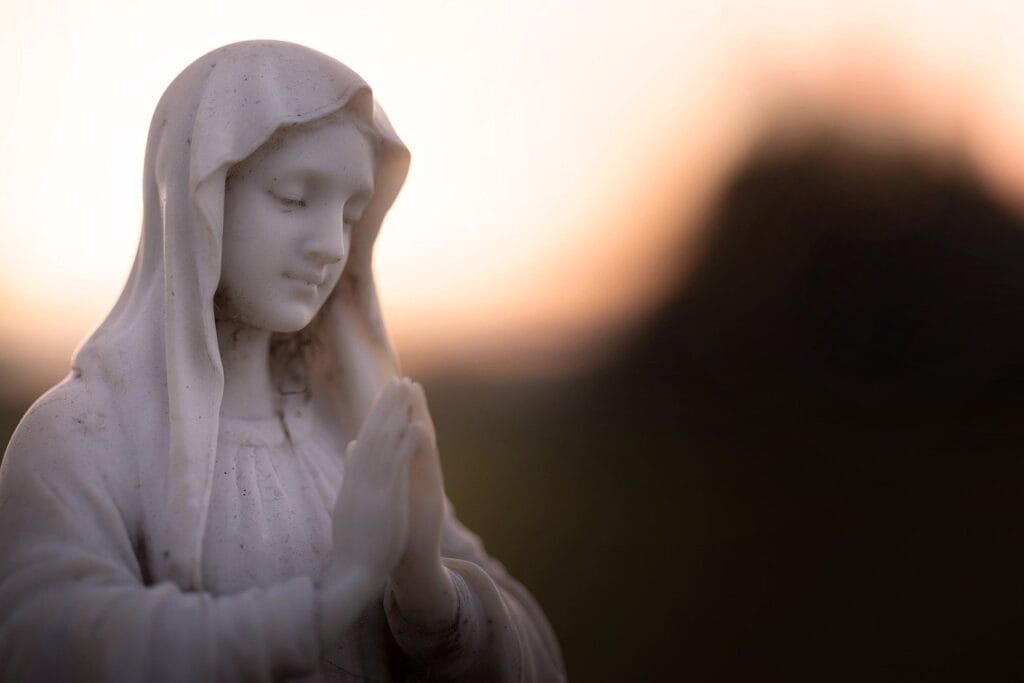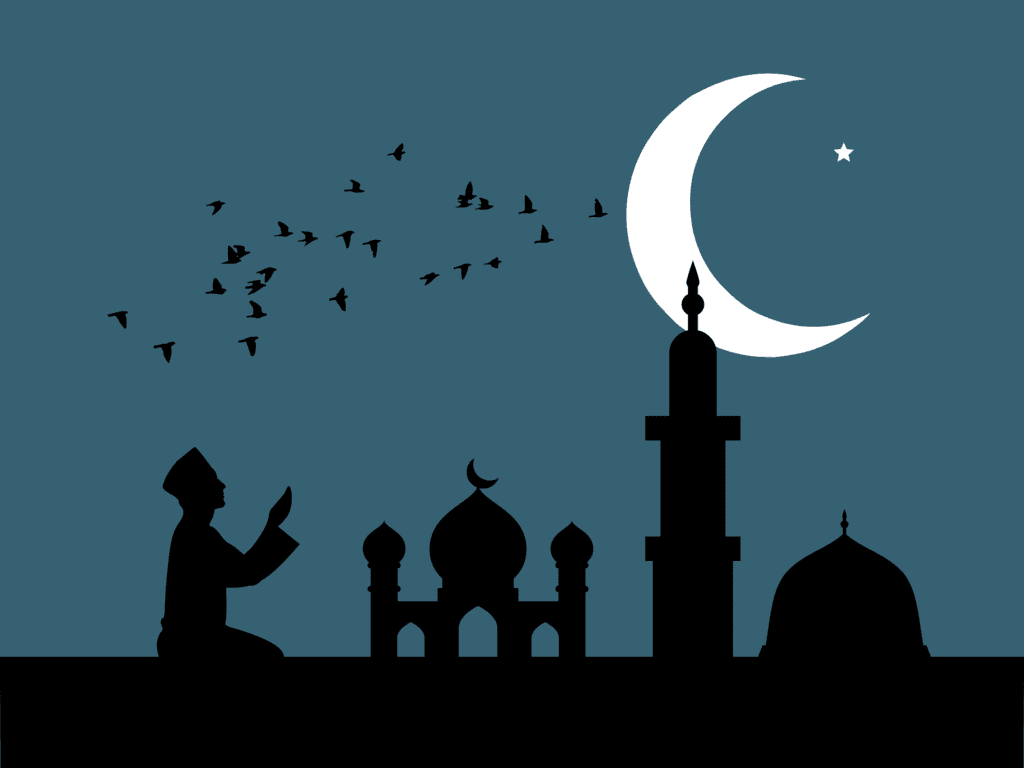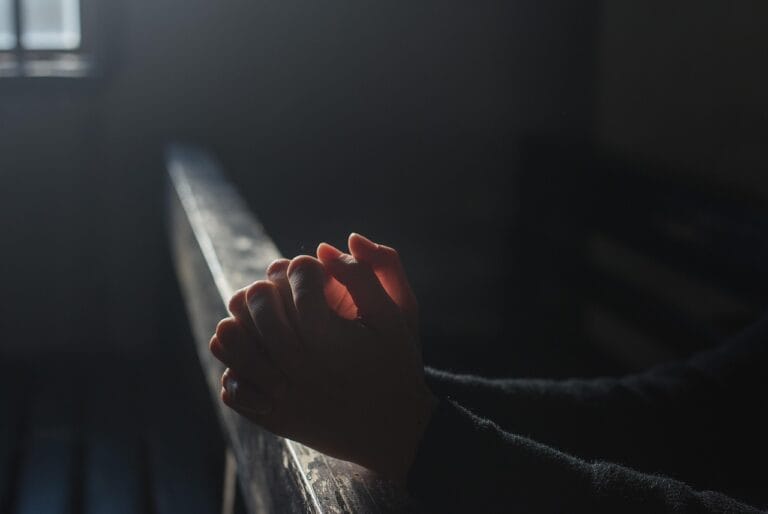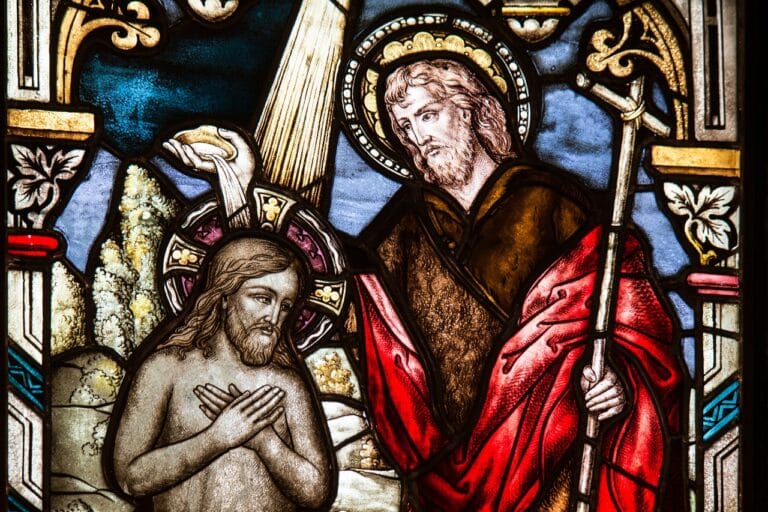In exploring the concept of heaven across various religions, one crucial question arises: Will women go to heaven? This inquiry delves into the beliefs and teachings of different faiths, examining how they view the afterlife for women. Understanding these perspectives can provide insight into the broader themes of gender, spirituality, and morality within each tradition.
Christianity and Women’s Salvation

Christianity encompasses a wide range of beliefs, but most denominations agree that salvation is accessible to all, regardless of gender. Central to Christian doctrine is the belief that faith in Jesus Christ is the key to eternal life. Verses in the New Testament, such as Galatians 3:28, emphasize that in Christ, there is neither male nor female, suggesting equality in spiritual standing.
However, interpretations of women’s roles in the church and society can influence perspectives on their spiritual journey. Some conservative denominations may emphasize traditional gender roles, which can shape beliefs about women’s authority and agency within the church. Nevertheless, the overarching Christian belief remains that women, through faith and grace, can attain heaven.
Islam and Women’s Place in Paradise

In Islam, the teachings of the Quran and Hadith affirm that both men and women have the potential to enter paradise. The Quran states that every soul will be judged based on their actions, regardless of gender. Surah 3:195 reinforces this by declaring that both men and women will receive rewards for their deeds.
Cultural interpretations may affect how women experience their faith and spiritual authority. In some communities, traditional views about gender roles may overshadow the core belief in equality before Allah. Nonetheless, the foundational texts of Islam strongly advocate that women can achieve eternal life in paradise based on their faith and good deeds.
Hinduism and the Concept of Moksha

Hinduism presents a unique perspective on the afterlife, primarily focusing on the concept of moksha, or liberation from the cycle of rebirth. In Hindu philosophy, both men and women are seen as having the potential for moksha, provided they engage in righteous living and seek spiritual knowledge.
Women in Hindu texts are often revered as embodiments of divine qualities. Goddesses like Lakshmi and Durga symbolize power and wisdom, reflecting the belief that women hold significant spiritual potential. However, societal practices and historical norms may create barriers for women in achieving spiritual liberation. Despite these challenges, the core belief in moksha suggests that women can attain spiritual freedom and a place in the eternal realm.
Buddhism and Gender in Enlightenment

Buddhism teaches that enlightenment, or Nirvana, is accessible to all individuals, regardless of gender. The Buddha’s teachings emphasize that attachment and desire lead to suffering, and anyone, whether male or female, can achieve liberation through mindfulness and ethical living.
Historical texts indicate that female monks were part of the early Buddhist community, challenging the notion that enlightenment is a male-dominated pursuit. However, cultural practices in various Buddhist societies may influence perceptions of women’s spiritual progress. Overall, Buddhism promotes the idea that women, just like men, can attain enlightenment and peace in the afterlife through diligent practice.
Judaism and Women’s Roles in the Afterlife
Judaism presents various interpretations regarding the afterlife, with the concept of Olam Ha-Ba (the World to Come) being significant. Traditionally, Jewish texts do not explicitly define heaven or hell but emphasize a life of righteousness and adherence to the commandments as the path to a favorable afterlife.
Women in Judaism have historically played essential roles in the spiritual and communal life of their families and congregations. Contemporary movements within Judaism advocate for equal representation and recognition of women’s spiritual contributions. While interpretations may vary, the belief that women can partake in the World to Come remains a vital aspect of Jewish thought.
Indigenous Spiritual Beliefs and Women
Many Indigenous cultures maintain unique spiritual beliefs that often celebrate the connection between all living beings. The concept of the afterlife varies widely, with some traditions believing in a spirit world where both men and women are honored.
Women in Indigenous communities often hold significant roles as healers, leaders, and keepers of tradition. Their spiritual contributions are recognized and celebrated, affirming the belief that women have a rightful place in the spiritual realm. The afterlife is typically viewed as a continuation of life, where the spirits of both men and women coexist harmoniously.
New Religious Movements and Gender Equality
New religious movements often challenge traditional beliefs and emphasize gender equality. Many of these faiths advocate for women’s rights and empowerment, viewing them as equal participants in spiritual practices.
In these movements, the afterlife is often depicted as a place of unity and love, where all souls, regardless of gender, can experience peace and fulfillment. The belief in a just and inclusive afterlife reflects the core values of these new spiritual communities.
Conclusion
The question of whether women will go to heaven is answered differently across various religions. While many faiths emphasize equality and the potential for salvation or spiritual liberation, cultural interpretations and societal norms can influence women’s experiences within their respective traditions. It is essential to recognize that, at their core, most religions affirm that women, like men, have the opportunity to attain a place in the afterlife based on their faith, actions, and spiritual journeys. This understanding fosters a more inclusive and equitable perspective on spirituality and the afterlife.
FAQs
1. Do all religions have a concept of heaven?
Not all religions have a defined concept of heaven. While many faiths, such as Christianity and Islam, clearly articulate a vision of paradise, others, like Buddhism, focus on enlightenment rather than a specific afterlife destination.
2. Are there specific texts that mention women’s place in heaven?
Yes, many religious texts address gender and the afterlife. For instance, the Quran discusses the rewards for both men and women based on their deeds. Similarly, Christian scriptures highlight the equality of all souls in Christ.
3. How do cultural practices affect women’s spiritual beliefs?
Cultural practices can significantly influence how women experience their faith. In some cases, traditional gender roles may limit women’s participation in spiritual leadership, affecting their perceived access to the afterlife.
4. Are there any modern movements that focus on women’s spiritual rights?
Yes, several modern religious movements advocate for women’s spiritual rights and equality. These movements often challenge traditional norms and promote inclusive practices within their communities.
5. What can individuals do to support women’s spiritual journeys in their communities?
Individuals can support women’s spiritual journeys by advocating for equal representation in religious practices, encouraging women’s leadership roles, and fostering inclusive discussions about gender and spirituality within their communities.







Like a gentle breeze in the heat of day, your words bring clarity, calm, and a renewed sense of wonder.